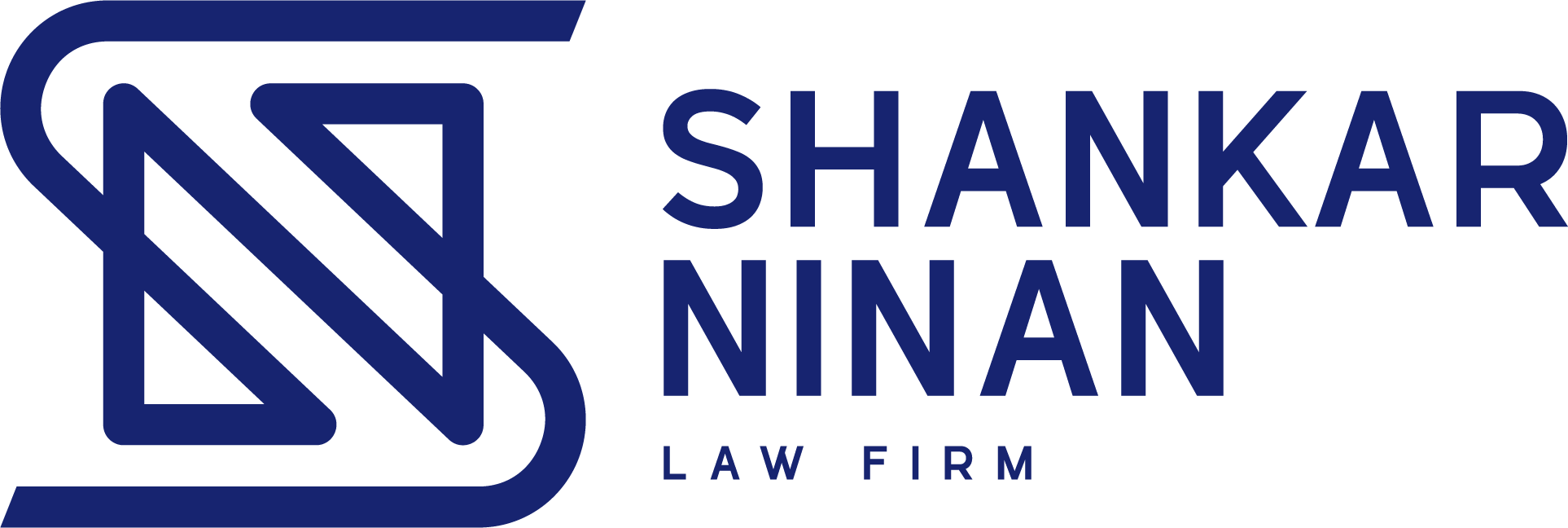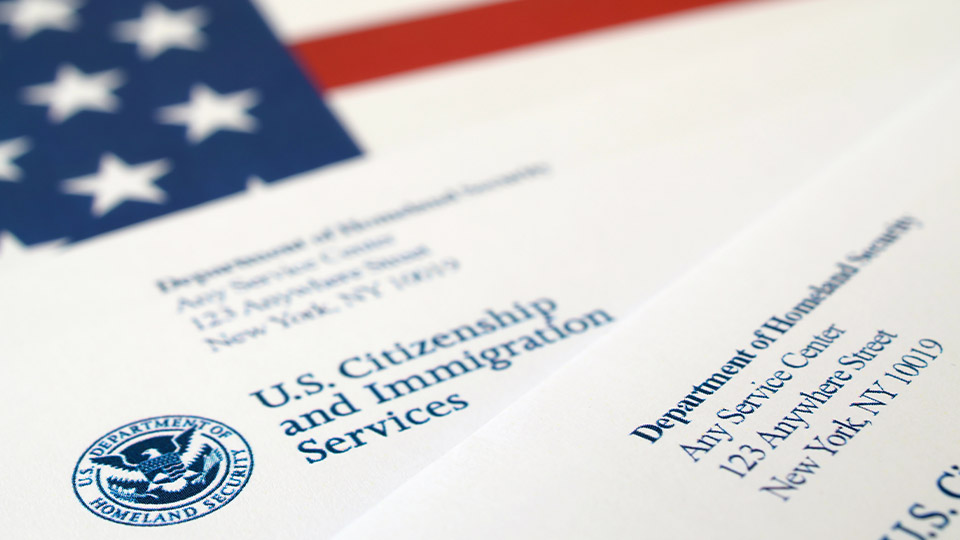On February 5, 2021 the Biden Administration announced that it will be delaying former President Trump’s proposed wage-based selection process for issuing H1B visas. The United States Citizenship and Immigration Services (USCIS) announced that it would delay the effective date of the H1B final rule from March 9, 2021 to December 31, 2021. The reason for this delay is to give USCIS more time to develop, test, and implement the modifications to the H1B registration system and selection process, and to train staff and perform public outreach as well as give stakeholders time to adjust.
This proposed plan comes after numerous changes were already made to the lottery system in 2020. In 2020, a new electronic prefilling registration process was implemented for employers in order to reduce and simplify the filing process and cut costs for employers, because only those who were randomly selected from the registration pool would be eligible to file petitions. Other smaller changes in 2020 included paying a ten-dollar fee per registration and the order by which the USCIS selects petitions under the H1B visa cap and the advanced exemptions are reversed.
According to the USCIS, the current system which included randomly selecting applicants, allowed employers to fill entry level positions. This new plan would allow employers to be able to compete for the “best and brightest” employees internationally. Furthermore, this new process would call for more highly skilled foreign workers.
The proposed plan would award visas to people in the highest four wage levels with the four wage levels being: (1) Level 1 for entry level workers; (2) Level 2 for qualified employees; (3) Level 3 for experienced employees; (4) Level 4 for fully qualified employees with enough experience to plan, modify, and approve standard procedures. After the highest paid workers are selected, petitions would be chosen in descending order through the remaining levels until the cap has been reached. The purpose for the new wage-based program is to incentives employers to offer higher salaries or petition for higher skilled positions. To allow the United States to compete for the brightest and best international workers. Employers will have to provide the highest wage level outlined and determined by the Occupational Employee Statistics (OES). OES determines this by analyzing and determining the prevailing wage for particular occupations in every area of intended employment.
This new proposed plan would have significant effects on foreign students and employers in the United States. This concern stems from the uncertainty of being able to work in the United States after obtaining a degree. Currently, the H1B visa allows U.S. companies to temporarily employ foreign workers with the requirement being a bachelor’s degree or its equivalent and highly specialized knowledge. The new rules, however, would require the applicant to show a direct relationship between their degree and the work they would be doing. This new plan also puts a financial strain on employers and would discourage them from sponsoring foreign workers.
How the new proposed plan will look by the end of 2021 is still unsure, but the Biden Administration further delaying the implementation of the new plan means that the next upcoming H1B cap season will be subject to the current process. This current process includes two lotteries used to randomly select enough beneficiaries to meet the annual quota of 85,000 with the first lottery randomly selecting 65,000 applicants (the “Bachelors” cap) and the second selecting the additional 20,000 (the “Masters” Cap).



